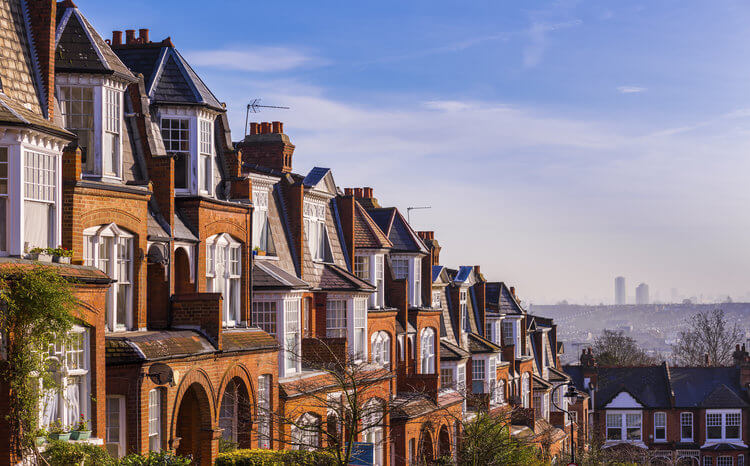It is the first time there have been base rate increases at two consecutive MPC meetings since 2004. The Bank voted to increase the base rate from its record low of 0.1% to 0.25% in December last year. According to some economists, there are likely to be several further rises this year, with the base rate predicted to reach 1.25% by the end of 2022. This would be the highest level the base rate has reached since 2009.
According to analysis of Office for National Statistics (ONS) data by investment platform AJ Bell, around 10 million people in the UK haven’t seen interest rates above 1% in their adult lives, meaning that they’ve enjoyed exceptionally low borrowing costs.
The Committee decided to raise the base rate to try to slow soaring inflation. The Consumer Prices Index measure of inflation jumped to 5.4% in December, nearly three times the government’s 2% target. Raising interest rates can help bring inflation down, as it makes the cost of borrowing more expensive, which in turn reduces demand for various services and goods, lowering the rate of economic growth.
What the rate rise means for you
If you’re on a variable rate deal, your mortgage costs are likely to rise following the base rate announcement. Think carefully not only whether you can afford higher monthly payments now, but also if rates continue to rise this year.If you don’t think you could, and your current mortgage doesn’t have any Early Repayment Charges, you may want to consider locking into a fixed rate deal, which will provide peace of mind that your payments won’t change even if rates do go up. The good news is that there are still plenty of competitive deals on offer, so seek professional advice if you’re not sure which mortgage is best for your individual circumstances.
If you are currently paying your lender’s standard variable rate, you’re likely to be paying much more than you need to every month, and could potentially save hundreds or even thousands of pounds a year by switching to a better deal.
If you’re already on a fixed rate deal, then you’ll be protected from the rise in the base rate.
Bear in mind, however, that your fixed rate mortgage will only last for a certain period of time. If you can afford to, overpaying could be a good way to reduce your mortgage balance and may open up more options when your fixed deal ends. Most lenders will allow partial overpayments without a penalty, typically up to 10% a year, but it’s important to check as this can vary from lender to lender.

